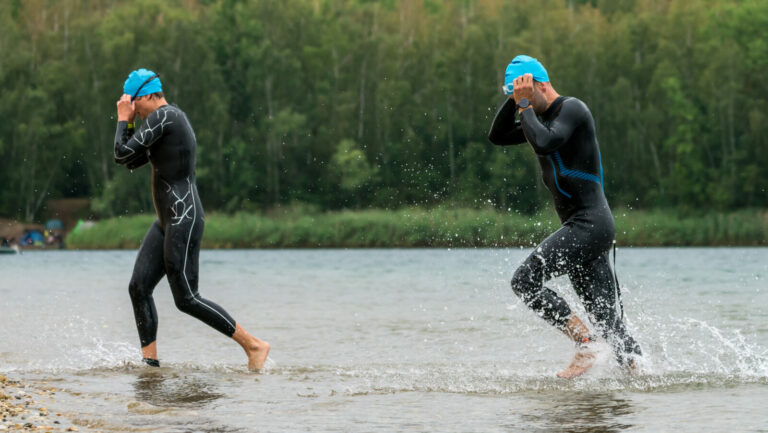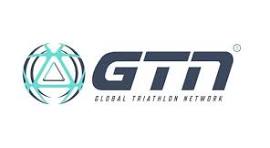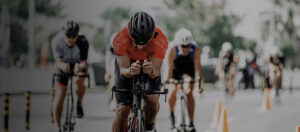How to Beat Pre-Race Nerves Before an IRONMAN Triathlon
How I overcame my pre-race nerves before an IRONMAN triathlon and how you can do it too.
In this blog, I’m going to talk about something that a lot of athletes struggle with, and that’s pre-race nerves. Before my first IRONMAN triathlon, I was so nervous that I left my bike wheel in the car-park and then lost my phone. But after years of experience and some trial and error, I’ve learned how to overcome those nerves and perform at my best. And today, I’m going to share that knowledge with you.
When you’re preparing to compete in a long-distance triathlon like an IRONMAN, the excitement of race day can be overshadowed by pre-race jitters. Whether you’re a first-timer or a seasoned athlete, it’s normal to feel anxious before such a challenging event. But fear not! With the right preparation and attitude, there are ways to manage those pre-race nerves and ensure that you have an enjoyable race experience.
1. Know What You’re Getting Into
One of the best ways to combat pre-race nerves is to prepare as much as possible for what’s ahead. For example, the most common pre-race worry I hear from my athletes is about the open water swim section. In this instance, I encourage the athlete to practice their open water swimming, especially in a group situation. By preparing for their fears, they end up feeling more confident on race day.
Knowing what to expect on race day will help you mentally prepare and give you more confidence going into it. Spend some time researching the course details and familiarize yourself with any rules and regulations specific to your race. Take note of the swim start times, and be sure that you understand how the transition zones work so that you don’t waste precious time when switching between disciplines. The more educated and experienced you are, the more prepared—and less anxious—you’ll feel on race day.
2. Set Realistic Goals
The key to dealing with pre-race nerves is to have realistic expectations for yourself. Setting realistic goals will help keep your expectations in check and provide you with something tangible to focus on during the race. Start by breaking down your goals into manageable steps so that you can track your progress along the way, rather than just thinking about the end goal. This will help give you a sense of control over the situation and make it easier for you to stay focused on what’s important.
For race day, you should set yourself realistic goals using variables such as heart- rate and power-output, rather than using race finish times – which don’t account for conditions on the day. And if you want some help with this, we have developed an IRONMAN race pace calculator, which you’re welcome to use.
3. Create an Action Plan
Creating an action plan will help minimize stress on race day by taking away any last-minute decision-making or worrying over what needs to be done next. Write down a step-by-step plan for everything from packing your gear bag all the way through to crossing the finish line. Include notes about nutrition and hydration plans, recovery strategies, and even timelines for rest before and after the event. For example, I create a timeline for race morning, which includes making my drink bottles, eating breakfast and checking my bike into transition. Having this kind of plan in place will help keep your racing worries at bay as well as ensure that all of your hard training doesn’t go wasted due to poor preparation or execution on race day itself.
4. Try Visualization Techniques
Athletes competing in endurance events like triathlons often use visualisation techniques because they can give racers more control over their thoughts during competition. Picture yourself executing each phase of your action plan while also trying to stay positive throughout it all – focus on visualizing overcoming any mental or physical obstacles along the way rather than dwelling on potential setbacks or failures. This practice can help ease pre-race jitters while giving you more control over your thoughts and feelings during the competition.












